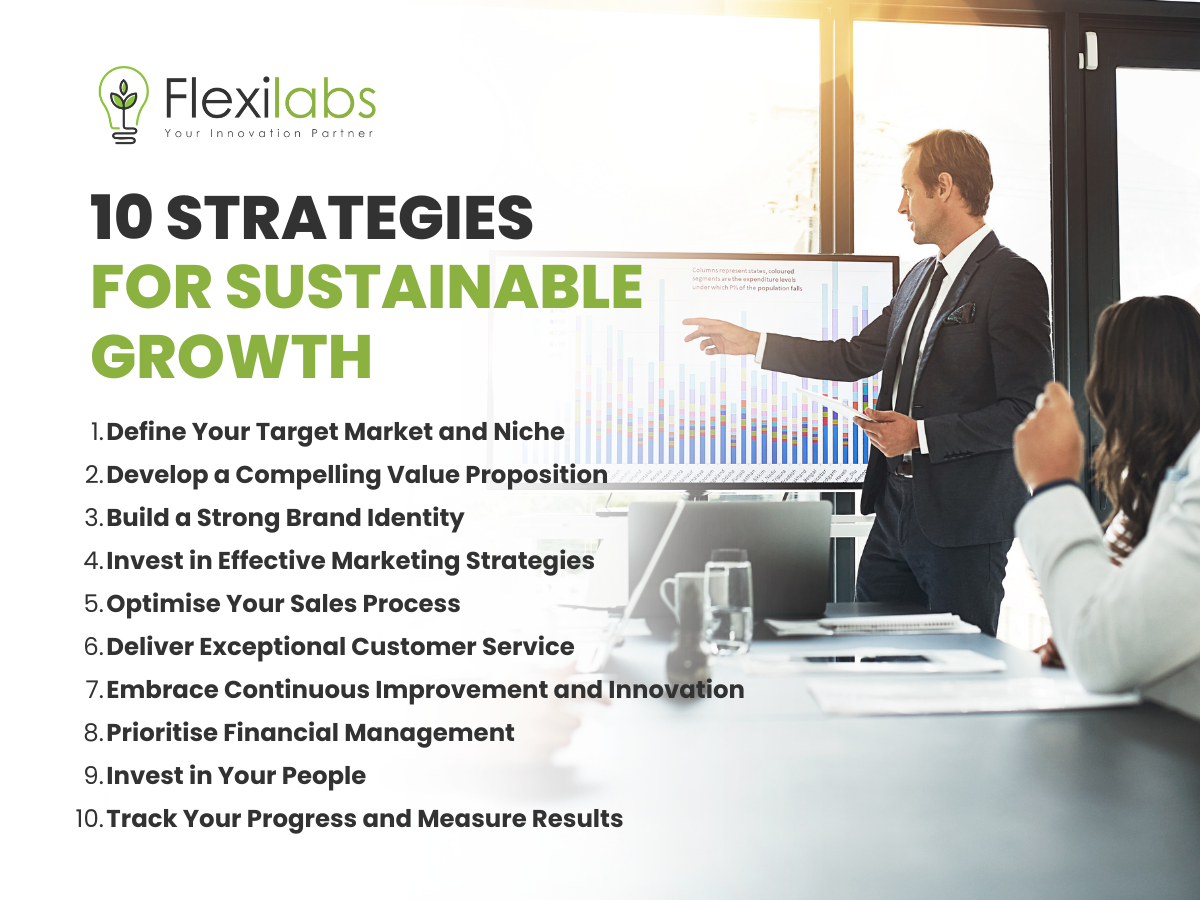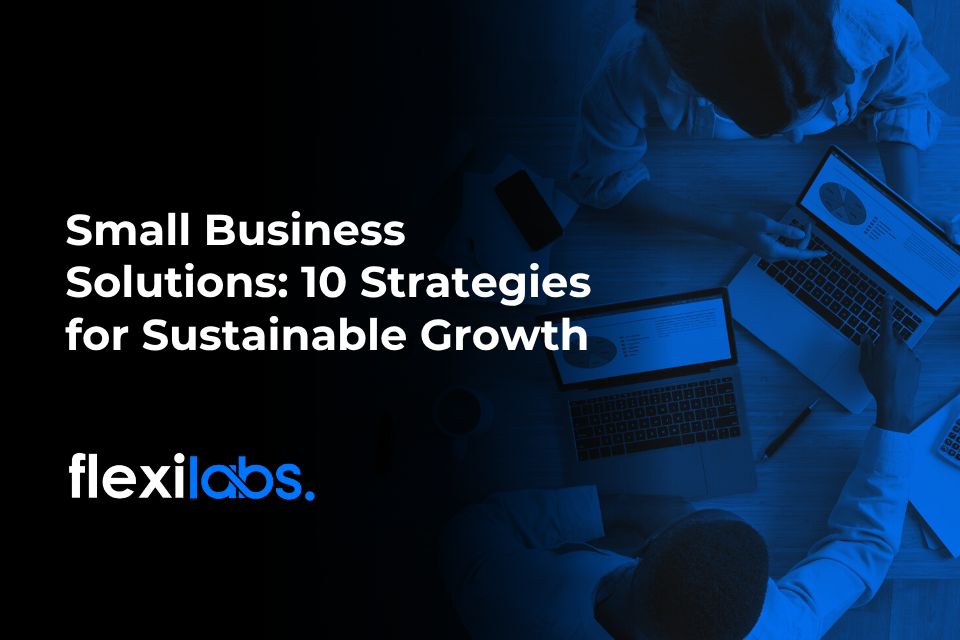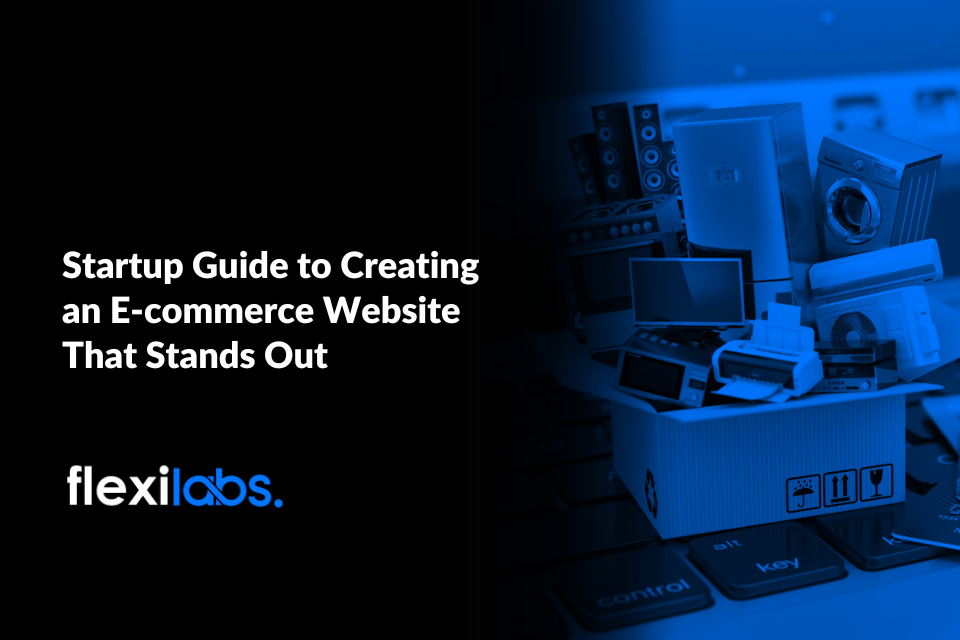Sustainable growth for small businesses is difficult to achieve. Especially since errors and delays in business are unavoidable. However, with strategies for sustainable growth, it’s possible to prevent near-future hiccups within the business.
Protect your company’s survivability within the near future by measuring the growth of your business and understanding if its speed is perfect, too fast, or too slow to produce any healthy expansion options without any setbacks.
What is Sustainable Growth?
Sustainable growth for a small business is crucial for its survival. Sustainable growth refers to the achievements that a business can obtain without any issues. There is a sweet spot in sustainable growth depending on the nature of the business itself.
If a small business grows at an accelerated pace, funding may become an issue with upkeep or quality. Meanwhile, slow growth may cause stagnation.
Why do startups and small businesses need sustainable growth?
Sustainable growth for small businesses is important to know whether or not your business is growing too fast or too slow. Small business growth strategies prioritise preparedness in long-term planning. However, if you also add sustainable growth strategies, you can prevent near-future problems that your small business could have simply by measuring its growth.
A high rate of growth could overwhelm a small business and create a need for funding quickly. Meanwhile, a slow rate of growth could clue in on potential errors within the business. Both would require fixes to the business’s economic conditions to prevent these mishaps.
10 Strategies for Sustainable Growth
Sustainable growth for small businesses will have its fair share of startup issues that you can counter with these strategies.

Define Your Target Market and Niche
Identify the target market for a small business first before even considering anything else. What does the business provide? Who are the ideal customers that the business aims to cater to? Having an idea of who your target market is and what their niche interests will be can encourage more than just creative products.
Target markets tend to follow a similar pattern based on their interests and behaviour. If a potential customer who wishes to buy gardening tools is looking into your shop that sells bags, it’s only natural that they will not engage further.
This is why giving a clear description of who your target market will be can gain an advantage and sustainable growth for small businesses. Seeing the potential errors in your demographic in comparison to your product will help you rethink your market or product and find ways to remedy future issues.
Develop a Compelling Value Proposition
A value proposition for a small business is crucial for a brand to relay what their service or product provides for their target market. Does your brand answer any needs or concerns about its target demographic? Is the solution for the problem enticing enough above other competitors?
Ensuring that the brand understands all concerns and issues of their customers gains a sense of reliability. Being able to fix their everyday issues like looking for a large bag that can fit many items or a shoe cleaning service varies in necessity to different targets.
Priorities include understanding what type of needs your customers have and considering why your brand has the best solution.
Build a Strong Brand Identity
Growth is impossible without a brand identity. Even more dependent on brand identity is sustainable growth for small businesses. What does the brand represent and what is the tone of the brand’s selling point?
Is it memorable or relatable? An example of a successful brand identity is McDonald’s. The large yellow “m” on a background of red is a common sight for many people. It’s easily associated with McDonald’s.
Brand identity must be fresh, unique, and memorable enough that consumers will associate it quickly with the business itself. This promotes growth and engagement with customers.
Invest in Effective Marketing Strategies
The marketing for small businesses goes hand in hand with the sustainable growth of businesses. Startup marketing strategies are dependable, expansive, adaptable, and able to build relationships with their customers.
Take note that not all startup marketing strategies fit with other startup businesses. It’s crucial to have small businesses identify their doable marketing strategies depending on their sustainable growth. If the brand has low traffic, it may be easier to promote marketing strategies to boost it.
Optimise Your Sales Process
The sales process for small businesses is a strategy for sustainable growth. Businesses with sales processing online will be aware of the difficulties of creating a relationship with customers online. However, it is possible to commit to a sales process regardless of whether it is remote or onsite.
A sales process is a marketing strategy that involves reeling in potential customers with a few steps. The goal is to ensure quality service and empathise with them during customer service interactions. Optimise the process your business is currently using to manipulate its growth.
Deliver Exceptional Customer Service
Another strategy is delivering excellent customer service. For small businesses, it is important to have alert and responsive interactions with customers to prevent any harm to the brand’s reputation.
What makes customer service exceptional? The representatives must be empathetic, and responsive, and bring about solutions to the concerns of the customers. The representatives must have clear instructions ready for any common errors such as invalid payment.
High-quality customer service maintains or increases growth speed. Especially since responsive representatives with clear instructions arrive.
Embrace Continuous Improvement and Innovation
Sustainable growth for small businesses is impossible without innovation and improvement. Small businesses that prioritise improvement, innovation, and quick correction are guaranteed to grow at a fast pace. This is because adaptability and willingness to correct errors regularly upgrade the quality of a small business’s growth.
The strategy is simple and effective. Many startup businesses fail at the unwillingness to change methods or review the errors that they can prevent. By accepting change, creating new solutions for errors, and understanding the problem areas of a business, high-quality growth is possible.
Prioritise Financial Management
Financial management for small businesses should be a priority. It is easy to undermine the accounting and payrolls of a business in the long term if only short-term fixes are used. Organising the finances of a business can show the problem areas of a particular strategy.
An example would be advertising. A business could be exerting a large amount of financial power in a marketing ad for the business but it generates little profit. This could be easily overlooked, given the many cash flows going in and out of the business’s finances.
Ensure the protection of your business’s finances and understand where its expenses are being used. By doing so, it’s possible to prevent financial mishaps shortly after a business transaction.
Invest in Your People
An effective strategy for sustainable growth in small businesses is to invest in employees. The backbone of a business is its people who work behind the scenes to ensure its seamless progress. Invest in employees for small business growth to expand their understanding of their roles and create more solutions for its growth.
Try signing them up for programs that relate to their roles in the company. Allow them to learn more about the role they’re tasked with under your business and maintain a healthy work-life balance for them to continue their productivity.
Potential setbacks when undermining the needs of employees are high turnover rates, quiet quitting, or even other potential errors that could spell disaster for the company’s survival.
Track Your Progress and Measure Results
Track progress for small business sustainability. Why? The results of your efforts can be seen through key performance indicators that you set up for your small business. Sustainable growth in small businesses can only be confirmed through progress points and measuring the results from each month.
Ensure that the business is proceeding at a steady pace rather than going too fast or slow by monitoring the progress of each department within your business. By doing so, you can prevent sudden financial incapacities or stagnancy of the business.
Conclusion
Sustainable growth for small businesses tends to be overlooked. However, the management and benefits of preventing hiccups allow preparedness and seamless expansion. Understand the needs of your audience, prioritise customer service, and track to at least cover your near future progress.
No one can predict the future, but prevention has always been better than a cure. Measure your businesses’ growth and improve for smooth transitions and expansions.
Want to learn more? Visit our blog page for more small business tips










